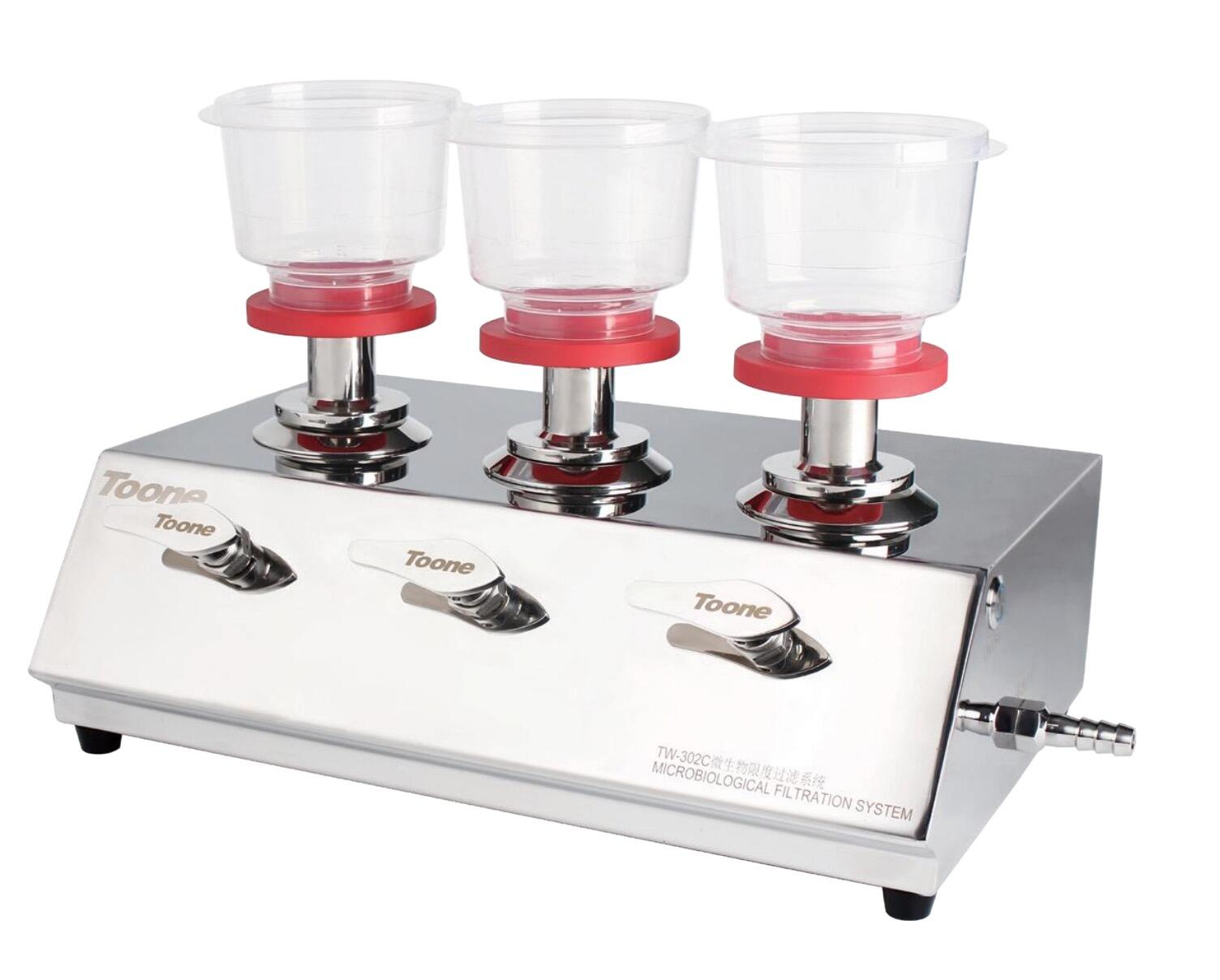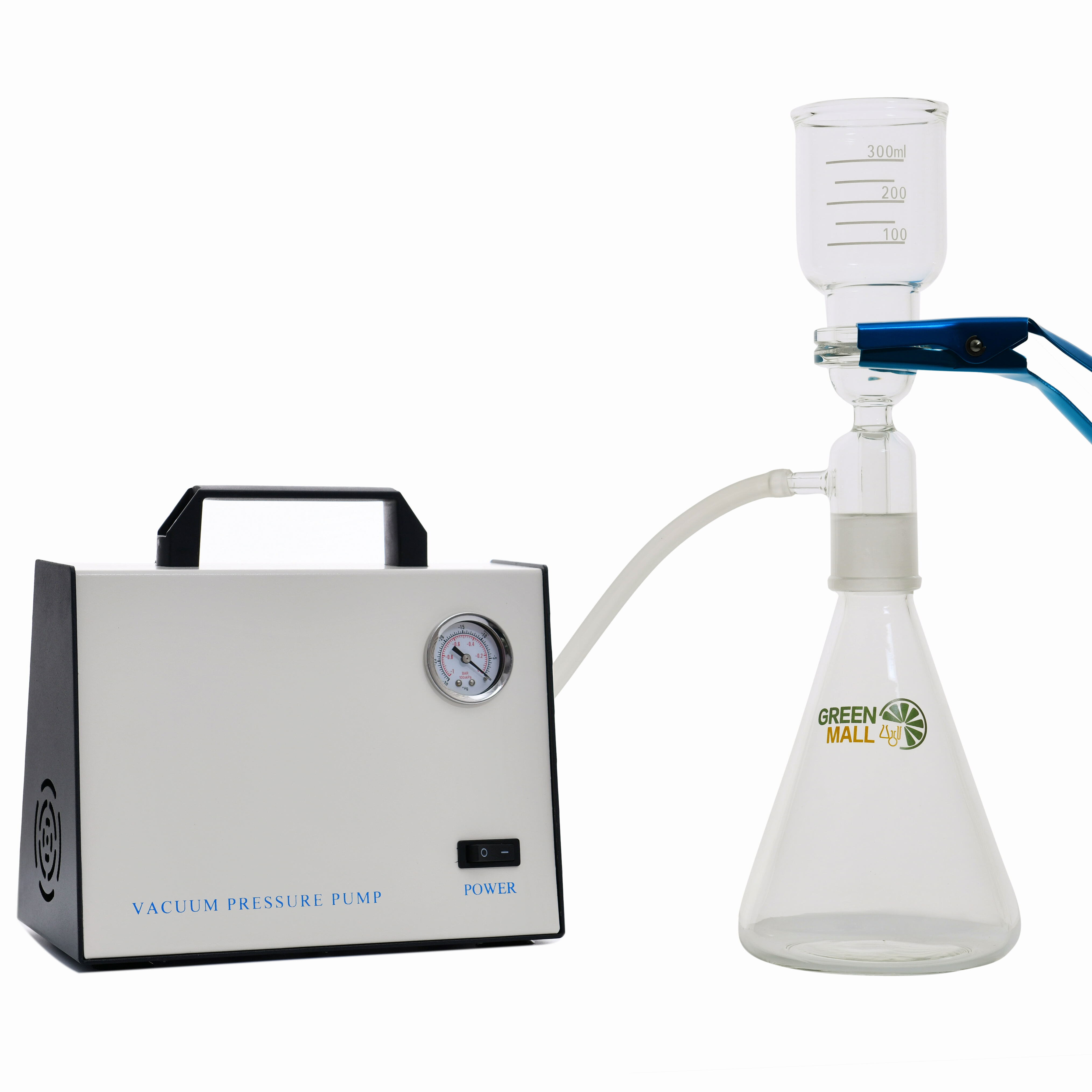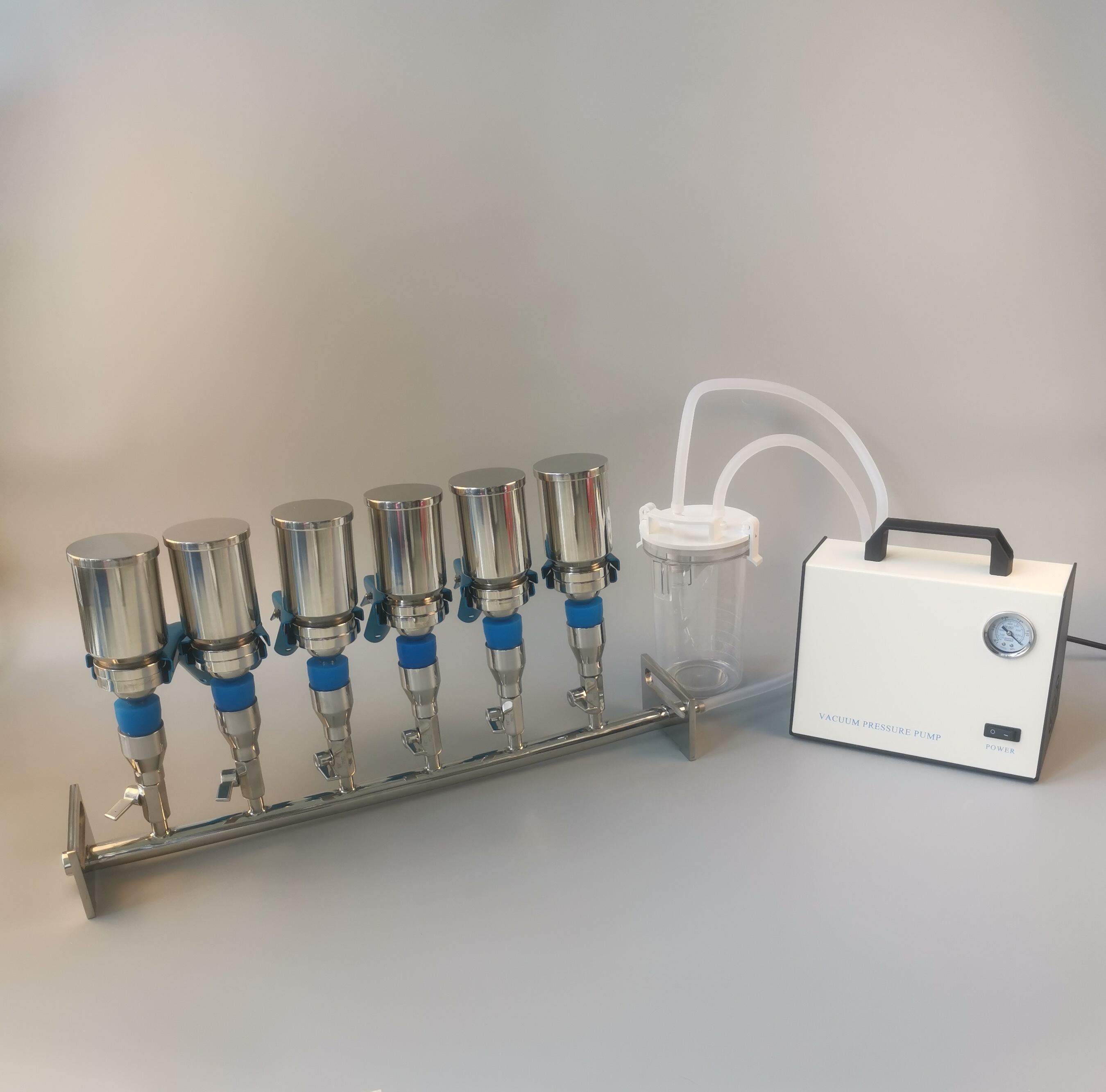syringe filter membrane types
Syringe filter membranes represent essential components in laboratory and industrial filtration processes, serving as crucial tools for sample preparation and purification. These specialized filtration devices comprise various membrane types, including Polyethersulfone (PES), Polyvinylidene Fluoride (PVDF), Nylon, and Polytetrafluoroethylene (PTFE). Each membrane type offers distinct characteristics suited for specific applications. PES membranes excel in protein filtration and biological sample processing, featuring low protein binding and high flow rates. PVDF membranes provide excellent chemical compatibility and are ideal for HPLC sample preparation. Nylon membranes offer superior mechanical strength and broad chemical compatibility, making them suitable for aqueous and organic solutions. PTFE membranes, being highly hydrophobic, are perfect for aggressive chemical filtration and gas applications. These membranes are available in various pore sizes, typically ranging from 0.22 to 0.45 micrometers, enabling precise particle retention and efficient filtration. The technology behind these membranes ensures consistent performance, reliability, and compatibility with different analytical techniques, making them indispensable in pharmaceutical research, environmental testing, and quality control processes.


